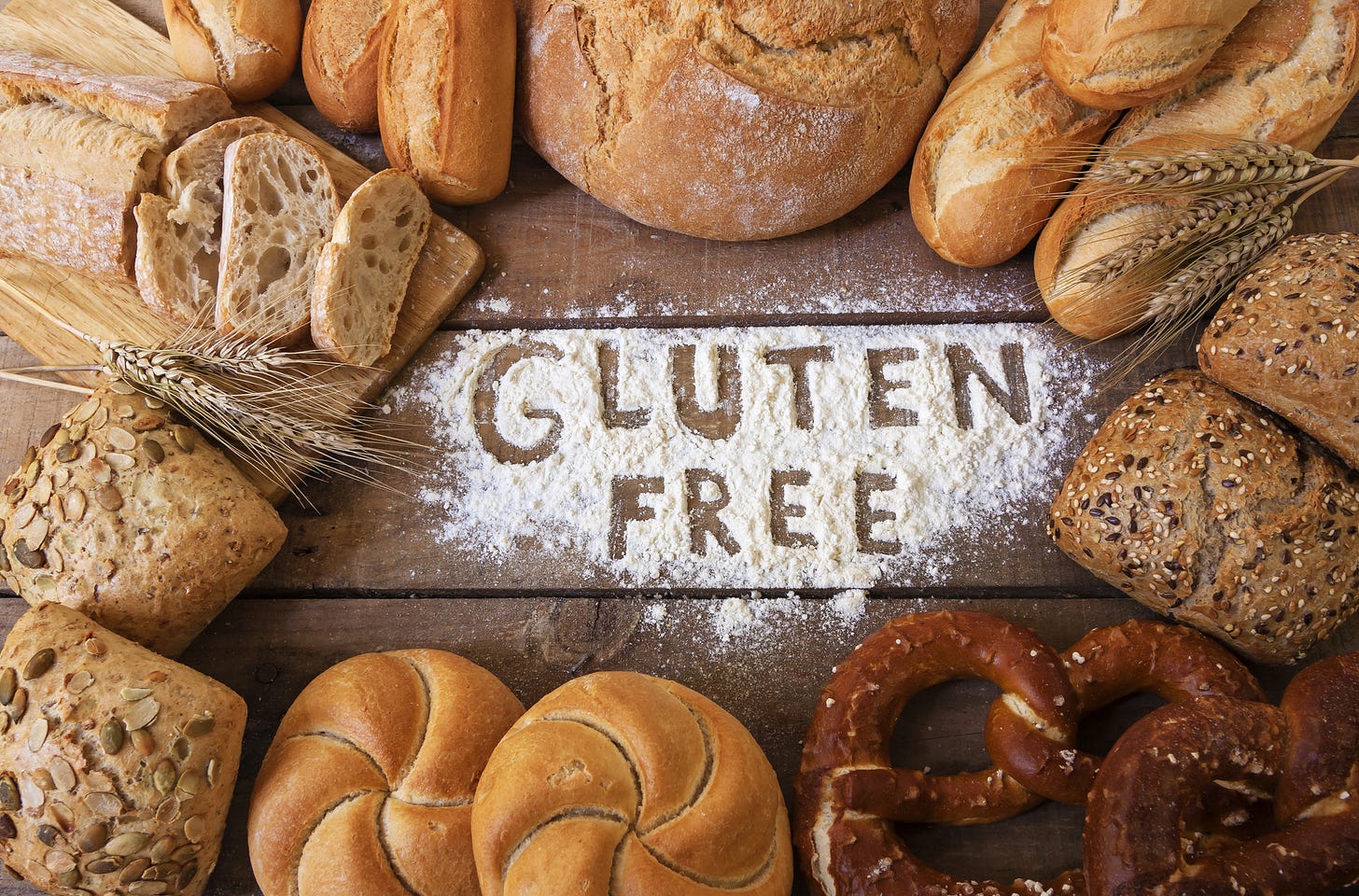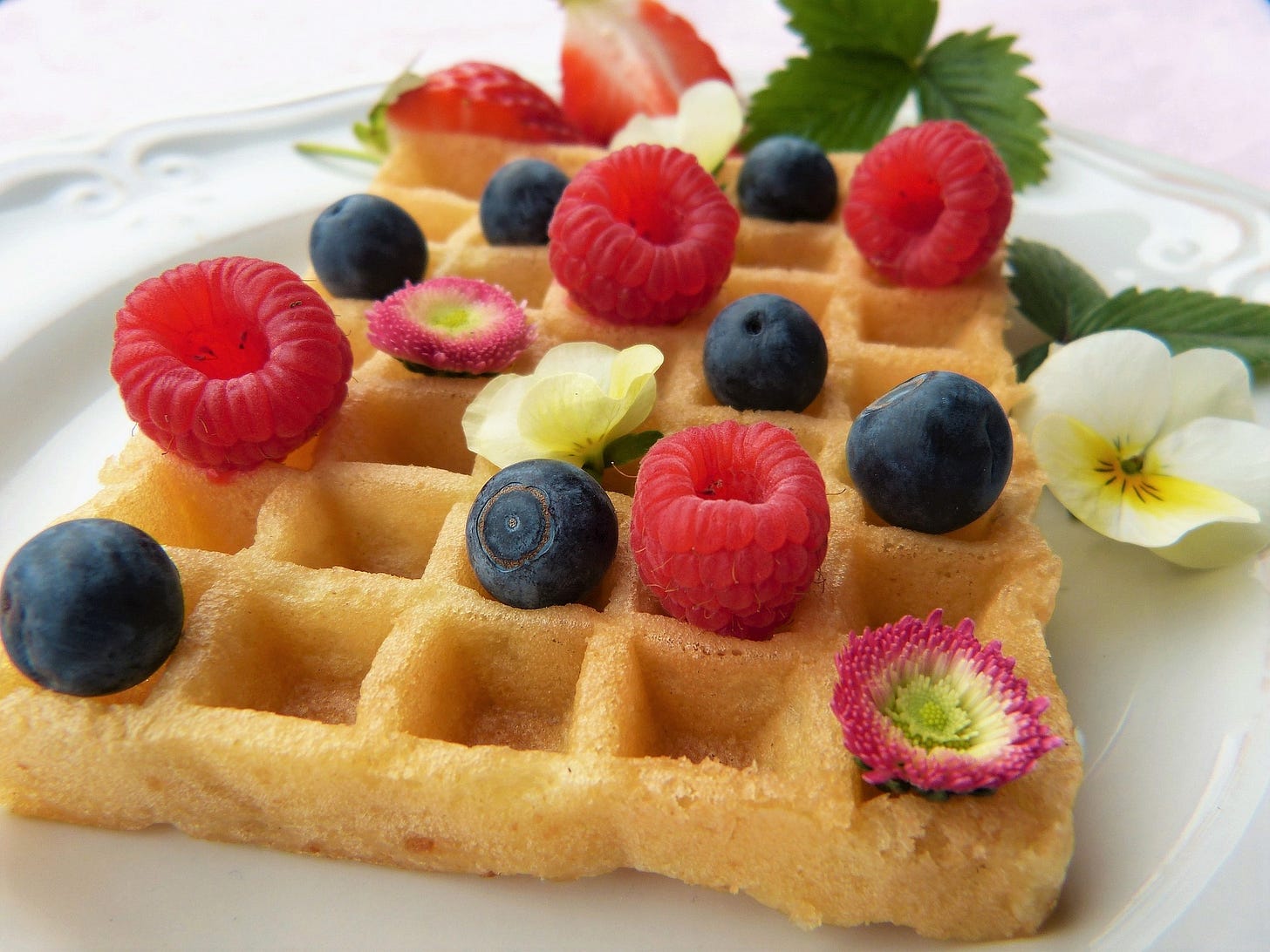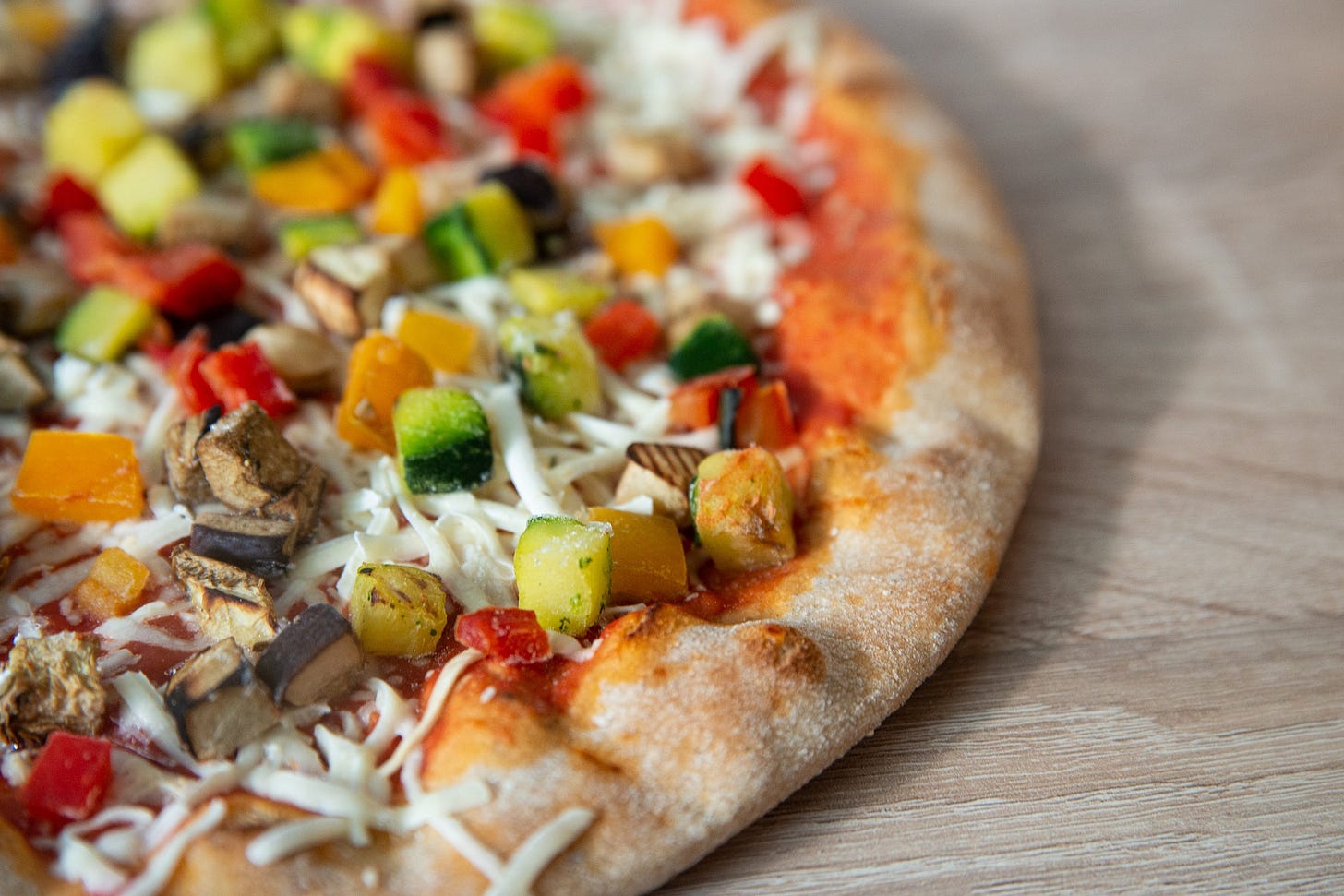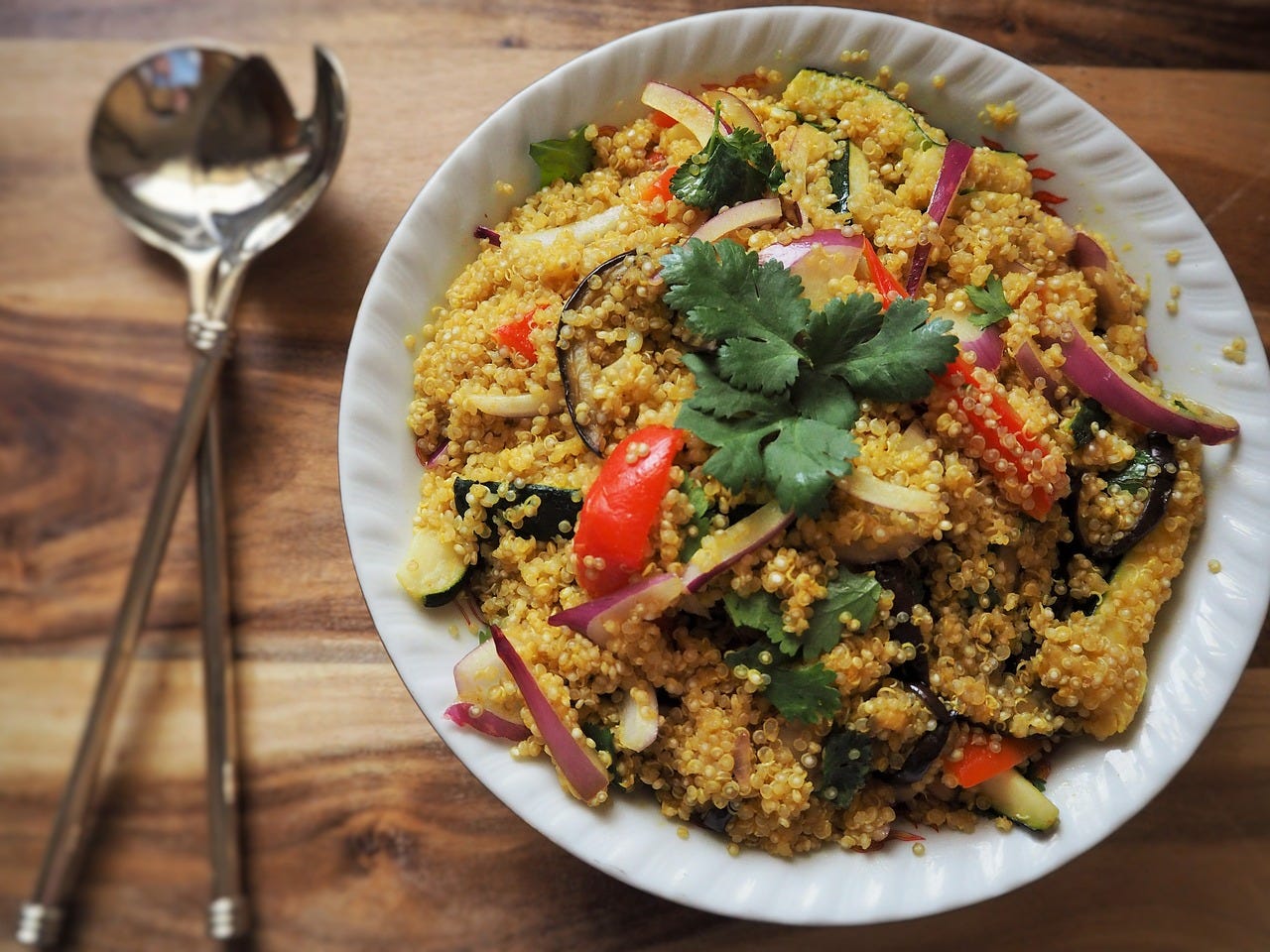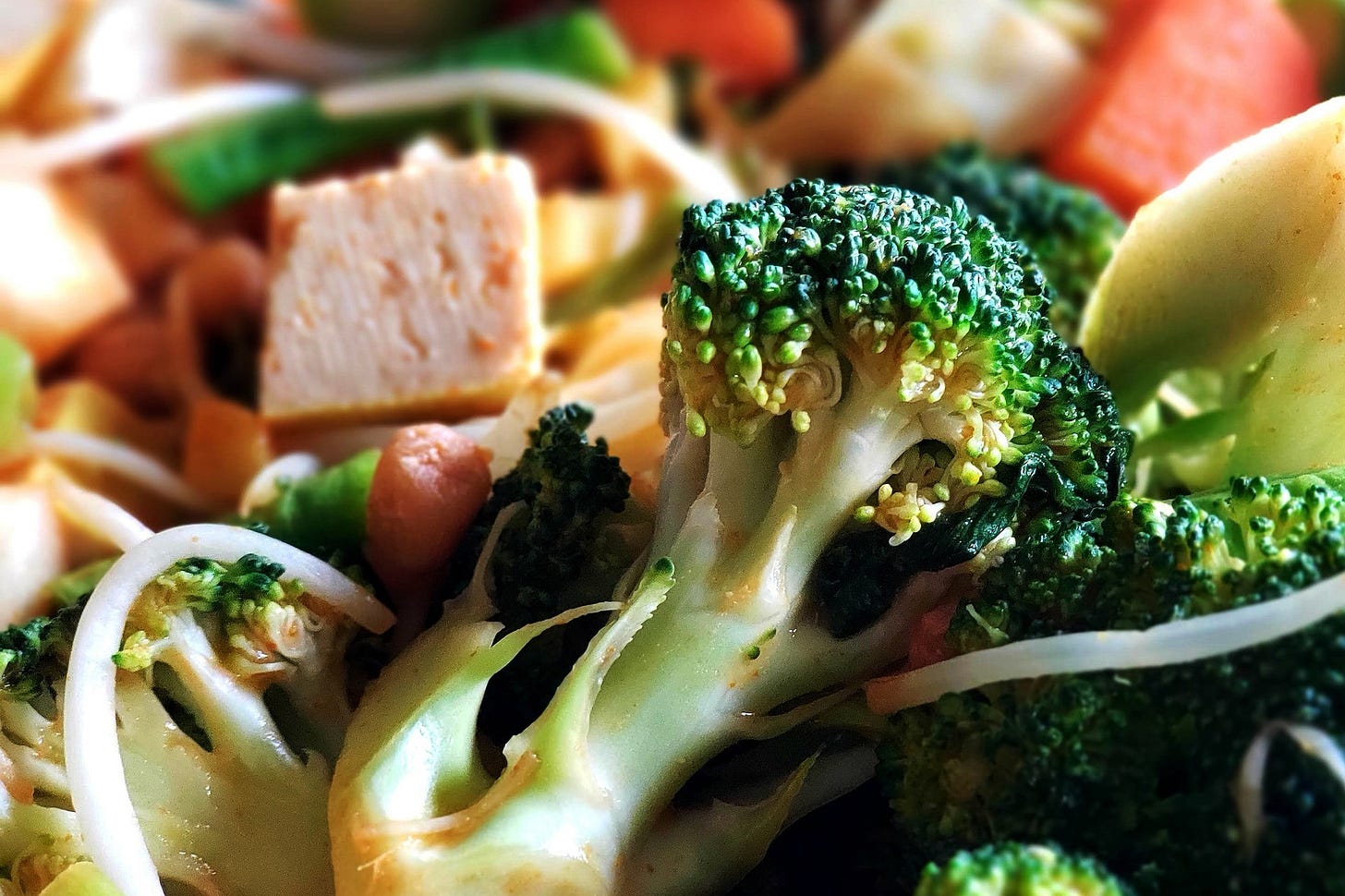In the world of conscious eating, adopting a gluten-free vegan lifestyle is a strong indication of one's commitment to both personal health and ethical principles. This guide aims to simplify the process of following a diet that excludes both animal products and gluten. It provides clarity and guidance for individuals embarking on a nourishing journey, focused on making wholesome, plant-based choices.
Understanding the Gluten-Free Vegan Diet
The gluten-free vegan diet is based on the exclusion of two main components: gluten, a protein found in wheat and related grains, and animal products. This unique dietary approach not only supports ethical veganism but also helps individuals dealing with gluten sensitivities or intolerances.
By eliminating gluten, adherents of this lifestyle bid farewell to wheat, barley, and rye, turning instead to a diverse array of gluten-free grains like quinoa, brown rice, and buckwheat. The rationale behind this dietary choice extends beyond personal health to encompass a conscientious objection to the consumption of animal-derived products.
Ethical veganism is a lifestyle that aims to reduce harm to animals, considering their use for food, clothing, or any other purpose to be ethically objectionable. The gluten-free vegan diet complements this philosophy by avoiding not only meat but also all animal-derived ingredients. This choice is a deliberate and compassionate way of contributing to a more ethical and sustainable food system.
Moreover, this dietary path caters to those grappling with gluten sensitivities or intolerances, a growing concern in contemporary nutrition. Gluten, a composite protein found in wheat, barley, and rye, can trigger adverse reactions in individuals with conditions like celiac disease or gluten sensitivity. By adopting a gluten-free vegan lifestyle, individuals not only avoid animal products but also sidestep the potential health challenges associated with gluten consumption.
Navigating this dual exclusion requires a thoughtful and intentional approach to food choices. Whole, plant-based foods become the cornerstone of the gluten-free vegan diet, encompassing a rich variety of fruits, vegetables, legumes, and gluten-free grains. Protein sources diversify to include tofu, tempeh, and legumes, ensuring a nutritionally well-rounded approach to the diet.
In essence, the gluten-free vegan lifestyle becomes a holistic and purposeful journey—one that extends beyond personal health benefits. It becomes a statement of ethical alignment with vegan principles and a strategic response to the challenges posed by gluten sensitivities. Embracing this dietary approach involves not just a shift in what's on the plate but a broader commitment to sustainable, compassionate living.
Embracing Whole, Plant-Based Foods
At the core of this lifestyle is a focus on whole, plant-based foods. Embrace the bounty of nature by incorporating gluten-free grains like quinoa, brown rice, and buckwheat. Legumes such as lentils and chickpeas provide an excellent source of protein, while vegetables and fruits offer a spectrum of vitamins and minerals.
Plant-Based Protein Power
Maintaining an ample protein intake is a cornerstone of the gluten-free vegan life. Explore protein-rich sources such as tofu, tempeh, and edamame. Quinoa, chia seeds, and hemp seeds also stand out as versatile options to ensure a well-rounded nutritional profile.
Navigating Challenges with Grace
While the gluten-free vegan life presents an array of health benefits, it's not without its challenges. Careful attention must be paid to avoiding nutrient deficiencies. Consider supplements for critical nutrients like B12, iron, and omega-3 fatty acids to ensure a comprehensive approach to well-being.
Finding Joy in Substitutes
Bid farewell to the misconception that a gluten-free vegan diet lacks variety. Explore the world of alternative flours like almond, coconut, and chickpea flour to recreate beloved baked goods without compromising on flavor. Gluten-free pastas made from rice or lentils offer a satisfying alternative to traditional wheat-based options.
Before the Bread Basket: Considerations
Before wholeheartedly embracing the gluten-free vegan life, consider your health goals. Consult with a healthcare professional or nutritionist to ensure you're meeting your nutritional needs. It's also wise to manage expectations and prepare for potential challenges, especially when dining out or participating in social events.
Simple, Satisfying Recipes
In a straightforward and easy-to-follow approach, here are a couple of recipes to kickstart your gluten-free vegan journey:
Quinoa Salad Bowl:
Cooked quinoa
Mixed vegetables (bell peppers, cherry tomatoes, cucumber)
Avocado slices
Chickpeas
Olive oil and lemon dressing
Tofu Stir-Fry:
Cubed tofu
Broccoli, carrots, and snap peas
Tamari sauce
Garlic and ginger
Brown rice
Conclusion: A Wholesome Journey Begins
Embarking on a gluten-free vegan lifestyle is a significant commitment to personal well-being and promoting a compassionate connection with the environment around us. It involves embracing an abundance of whole, plant-based foods, which not only provide nutrition but also help build a deeper connection with the planet. As you navigate challenges along the way, remember that each obstacle presents an opportunity for growth. Enjoy the simplicity of nourishing recipes that make this journey both easy and deeply satisfying. Welcome to a life that nourishes both body and soul, one simple, gluten-free, and vegan step at a time.
Sources
Academy of Nutrition and Dietetics: Vegetarian and Vegan Diets
This website offers evidence-based information on various dietary patterns, including vegan and gluten-free diets. It provides details on the nutritional needs of individuals following these diets and tips for meeting those needs.
The National Celiac Association: Gluten-Free Living
This website is a trusted resource for individuals with celiac disease and gluten sensitivity. It offers comprehensive information on gluten-free living, including tips for navigating a gluten-free vegan diet.The Physicians Committee for Responsible Medicine: Vegan Starter Guide
This organization promotes plant-based diets and provides helpful resources for transitioning to a vegan lifestyle. Their guide offers information on navigating a vegan diet, including tips for incorporating essential nutrients and finding delicious plant-based recipes.General Resources
Books:
Dominion: The Power of Animals in Nature and in Our Imagination by Matthew Scully
Animal Liberation by Peter Singer
Eating Animals by Jonathan Safran Foer
A Billion Hungry Mouths: Feeding the World Without Consuming the Planet by Colin Tudge
Websites and organizations:
Documentaries:
Academic articles:
"The Case for Animal Rights" by Tom Regan
‘‘Why We Love Dogs, Eat Pigs, and Wear Cows: An Introduction to Carnism’’ by Melanie Joy
‘‘Animal Rights: The Abolitionist Approach’’ by Gary L. Francione
‘‘Fellow Creatures: Our Obligations to the Other Animals’’ by Christine Korsgaard
Receive a single informative article daily at 12:01 AM by email. For additional updates, explore my homepage with exciting vegan and plant-based news content and delightful and delicious recipes. Stay connected to the vegan world and all it has to offer.
Visit The Vegan Project Global our Facebook page for more vegan outreach and education.
Also, visit our new YouTube channel




